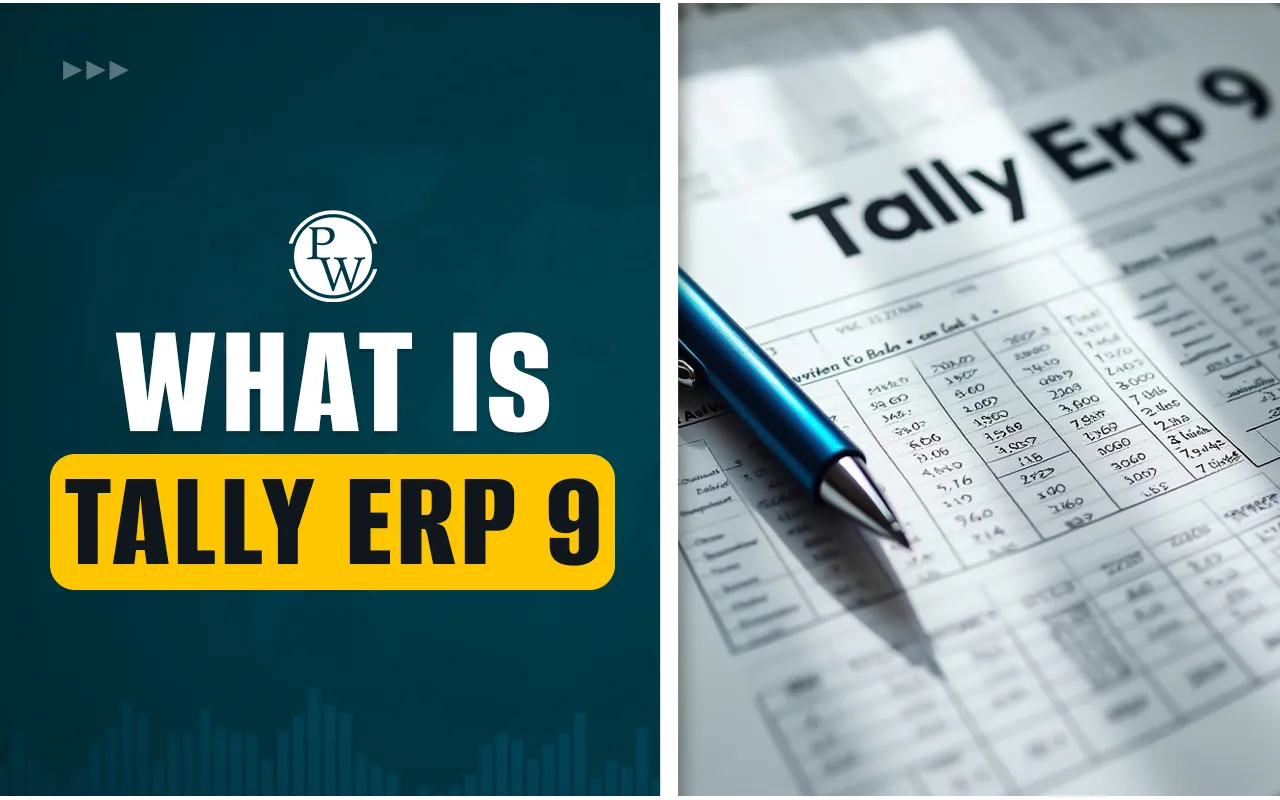
Finance charges are like the price tag that comes with borrowing money. Whether it's using a credit card, taking out a personal loan, or financing a house or car, that "extra cost" you're paying over time is what we call a finance charge.
Read about what finance charges are, how they work, and how you can manage them better. We’ll also explore tools like a finance charge calculator, understand what is finance charge, look at the finance charge meaning, and discuss the function of finance charge in the broader context of personal and business finance.
What is Finance Charge?
At its core, a finance charge is any fee you pay for the privilege of borrowing money. It's not just about the interest rate on your loan, it's the collection of all the costs added on top of the principal amount. This might include:
-
Interest rates
-
Late payment penalties
-
Annual fees on credit cards
-
Account setup charges
-
Loan application or origination fees
-
ATM transaction charges outside your bank’s network
In simple words, what is finance charge? It’s the total price you pay to use borrowed money. Whether you're aware of it or not, these charges are how banks and lenders earn profits. Even if you borrow a modest amount, finance charges can snowball over time.
Finance Charge Role in Everyday Life
Understanding the finance charge meaning helps you become a smarter borrower. Finance charges aren't evil; they serve a purpose. They help lenders stay in business and offer loans to more people. But if you're not careful, they can take a big bite out of your budget.
Imagine this: You take a home loan of Rs. 10 lakhs at 7% for 20 years. You could end up paying almost double that amount back due to accumulated finance charges. Shocking? Yes. Avoidable? Often, yes.
The function of finance charge is to compensate lenders for the risk they take and the money they lend. But for borrowers, understanding these charges can lead to smarter financial decisions, better credit scores, and long-term savings.
Read More- What is Decentralized Finance?
Types of Finance Charges
When you borrow money, the finance charge is the cost you pay for that convenience. But it’s not just about interest rates, finance charges come in many forms, and understanding them can save you from nasty surprises down the line.
1. Interest Charges
This is the most common type of finance charge. It’s the percentage you pay on the amount borrowed, often seen with loans, credit cards, and mortgages. For example, if you carry a balance on your credit card, the bank will charge you interest until the full amount is paid off.
2. Late Payment Fees
If you miss a payment on your loan or credit card, expect a late fee. These can quickly add up, especially if you're consistently behind on payments.
3. Annual Fees
Many credit cards come with a yearly fee, simply for having the card. Even if you don’t use the card much, this fee is considered a finance charge.
4. Loan Origination Fees
These are upfront charges for processing a new loan. It’s basically the lender’s way of saying, “Thanks for borrowing—now pay me first.”
5. Account Maintenance Fees
Some banks or credit providers charge monthly fees for managing your account. Even if you're not using it much, the fee keeps coming.
6. Transaction Fees
Ever used an ATM not affiliated with your bank and got charged? That’s a transaction fee, —a small but frustrating finance charge.
Finance Charge Calculator
A finance charge calculator is your best friend when it comes to estimating how much you’ll really pay on your loan. Just plug in:
-
Loan amount
-
Interest rate
-
Duration of the loan
-
Additional fees (if any)
The calculator gives you a full picture of your monthly payments and how much goes towards interest or other fees. This tool can be eye-opening. Sometimes, borrowers assume the EMI is all they're paying, but a calculator shows the actual total cost.
There are many free finance charge calculator tools available online. Whether you're planning to buy a car, take out a student loan, or finance your home, use this tool before signing any papers.
Read More - Financial Intermediary: Definition, Types, and How It Works
How to Reduce Your Finance Charges
Finance charges don’t have to be your financial enemy. The following are some tips to reduce them:
1. Pay Credit Card Bills in Full
This is the golden rule. By paying off your full outstanding balance every month, you avoid paying interest altogether.
2. Make Extra Loan Payments
Pay more than your minimum monthly EMI. Even small extra payments reduce your principal amount, saving you big on interest over time.
3. Negotiate for Lower Interest Rates
Got a good credit score? Use it to negotiate lower interest rates with your lender.
4. Avoid Late Payments
Mark your calendar. Set reminders. Late fees can pile up fast and hit your credit score.
5. Choose Loans with Transparent Terms
Understand all the fees and conditions before committing. Read the fine print.
Role of Finance Charges in Creditworthiness and Lending
The function of finance charge extends beyond just revenue for banks. It reflects your risk profile as a borrower. High finance charges often indicate high risk from the lender's perspective.
-
If you have a low credit score, lenders will charge higher finance charges.
-
A strong repayment history can reduce your finance charge over time.
So managing finance charges wisely not only saves money but also builds your creditworthiness.
Learn Smart Finance with PW Financial Modeling Courses
If you're serious about understanding the financial world, or want to build a career in finance, banking, or investment, check out PW Financial Modeling Courses.
PW Financial Modeling Courses are designed for beginners and pros alike. Whether you're a student, a working professional, or an entrepreneur, these courses equip you with the knowledge to make informed financial decisions and excel in your career.
FAQ
What is finance charge in simple words?
How is a finance charge calculated?
Is finance charge only interest?
Can I avoid finance charges on my credit card?
Why do lenders charge finance charges?










